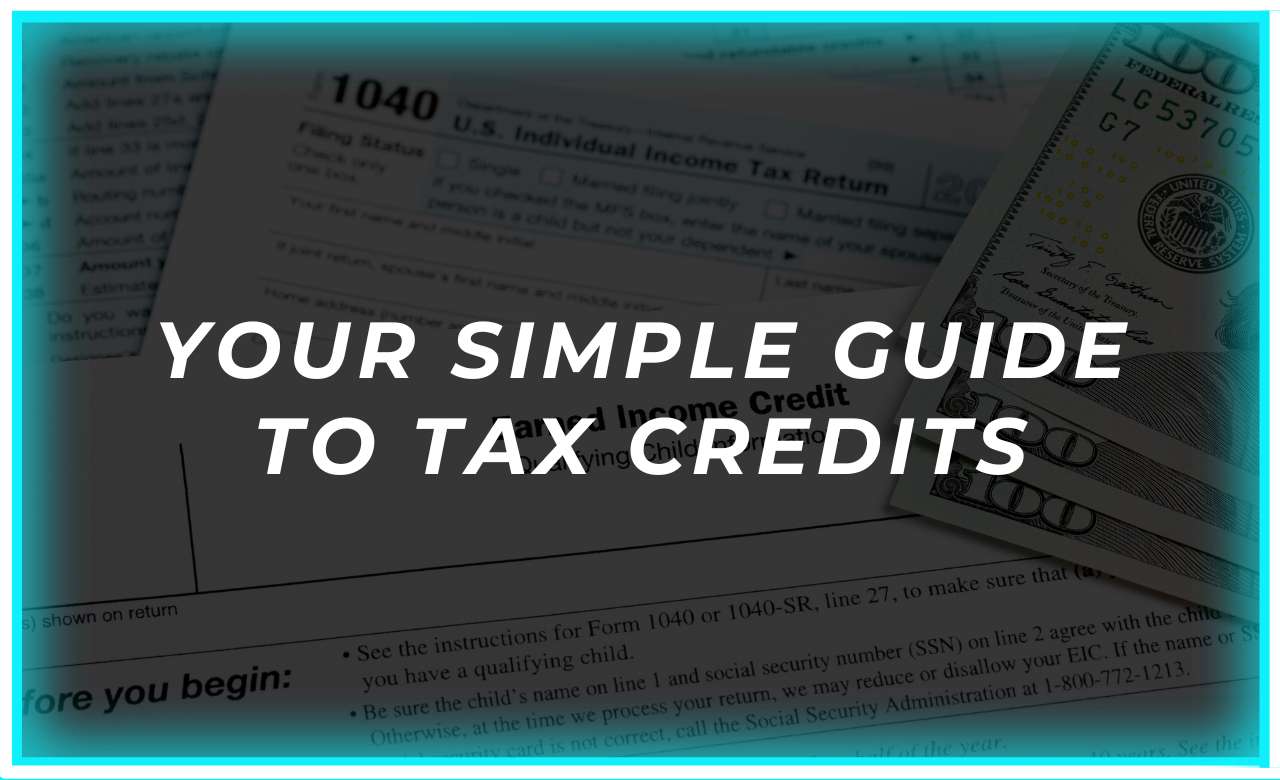Everyone wants to pay less taxes, which leaves you with two options, make less money or increase your tax deductions and tax credits. The two parts of the tax code often confuse people, but a deduction essentially reduces your taxable income (the amount subject to tax), reducing your tax by your marginal rate * the deduction, and a tax credit reduces your taxes owed by the dollar figure.

From itemized deductions for mortgages, payroll, and charitable giving, to energy efficiency, hybrid car, and child related tax credits the interaction of these tax rules with your financial planning is an important tool for tax minimization. What do you have to set aside, what is worth tracking? How do we use the tax code to our advantage? Congress goes through a cycle, where every few decades they engage in “tax reform” – eliminating a slew of these “tax code expenditures,” and then immediately go back to adding them back to the tax code.
The difference between deductions and credits is important for tax planning. For example, if you are at a 24% marginal tax credit, a $1,000 tax deduction is worth $240 in less taxes owed, while a $1,000 tax credit is worth $1,000 in less taxes owed. In addition, with the large standard deduction, the first $28,800 ($14,400 for singles) of itemized deductions “don’t save you money” because you can get it with the standard deduction. The increased standard deduction drastically changed tax planning for middle class families.
Because of the interaction of the Alternative Minimum Tax (AMT), standard deduction, stimulus payment phase ours, and tax code changes, it is not always obvious what the impact of a decision is. One of our most common questions we get midyear from clients contemplating a large investment or purchase will be the tax implications of it. To avoid the dreaded “it depends” non answer, it’s important to have a holistic understanding of your financial picture to understand how they really play together.
















